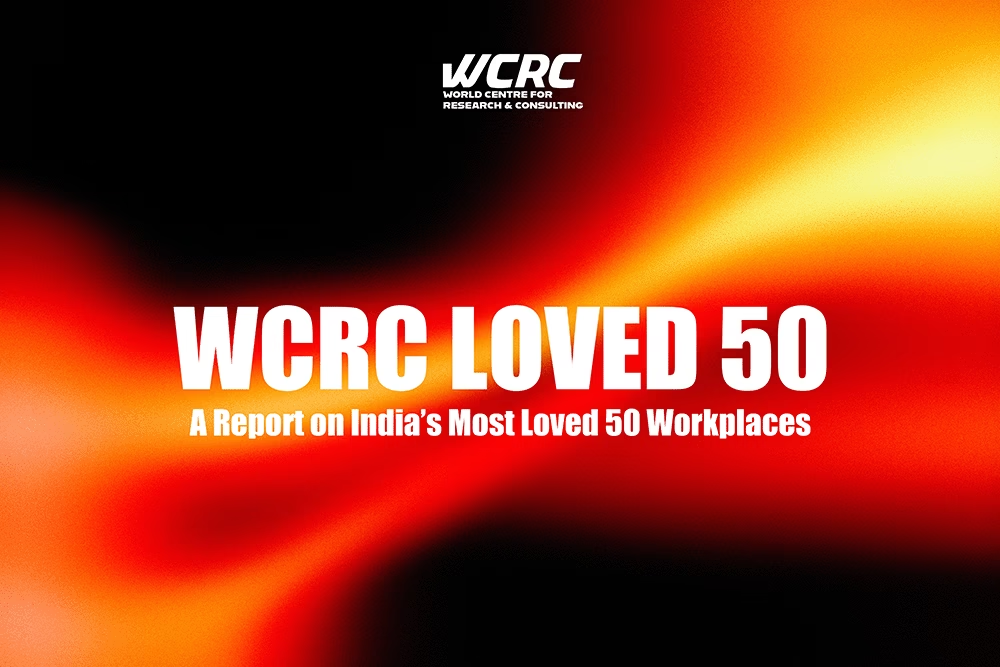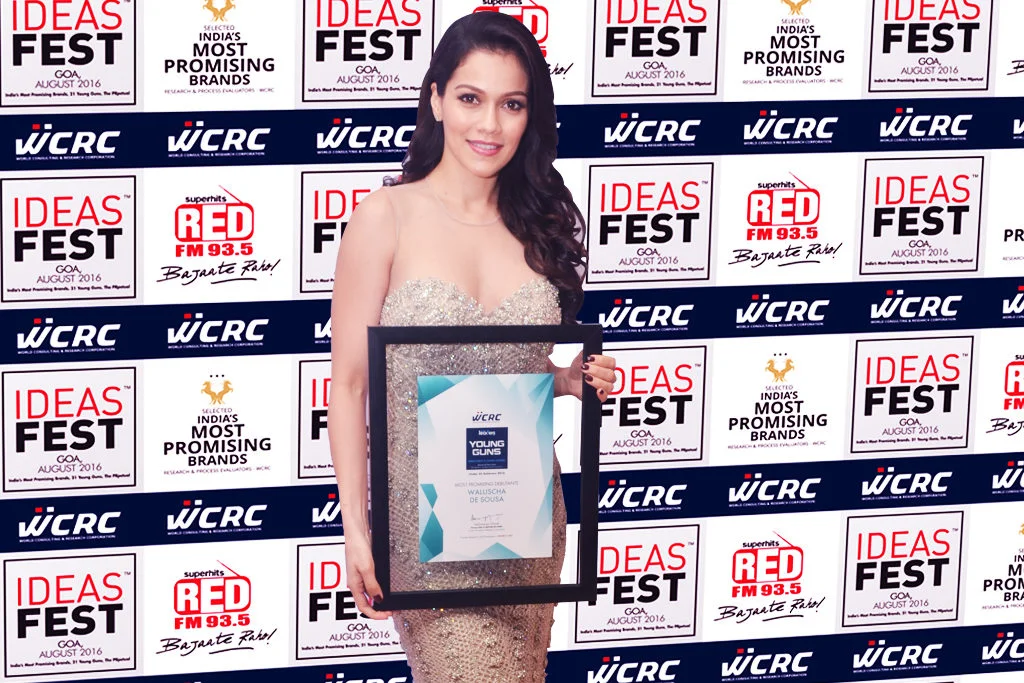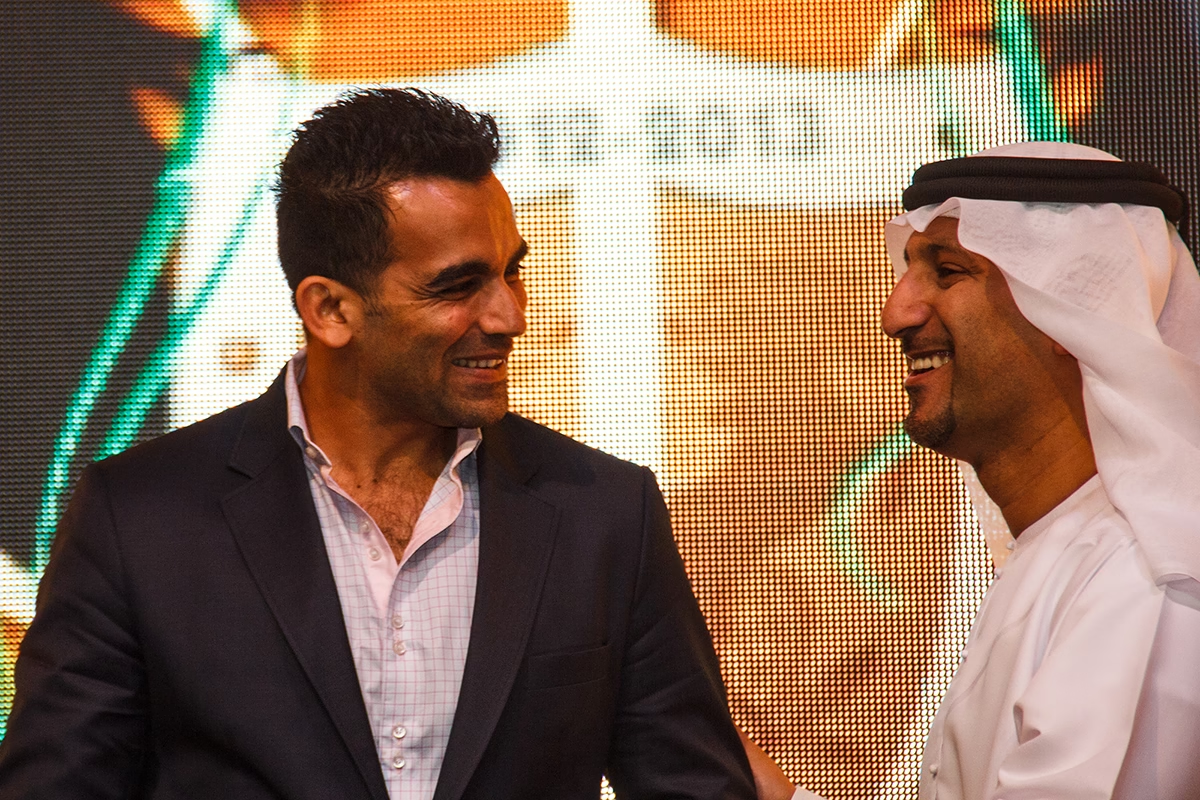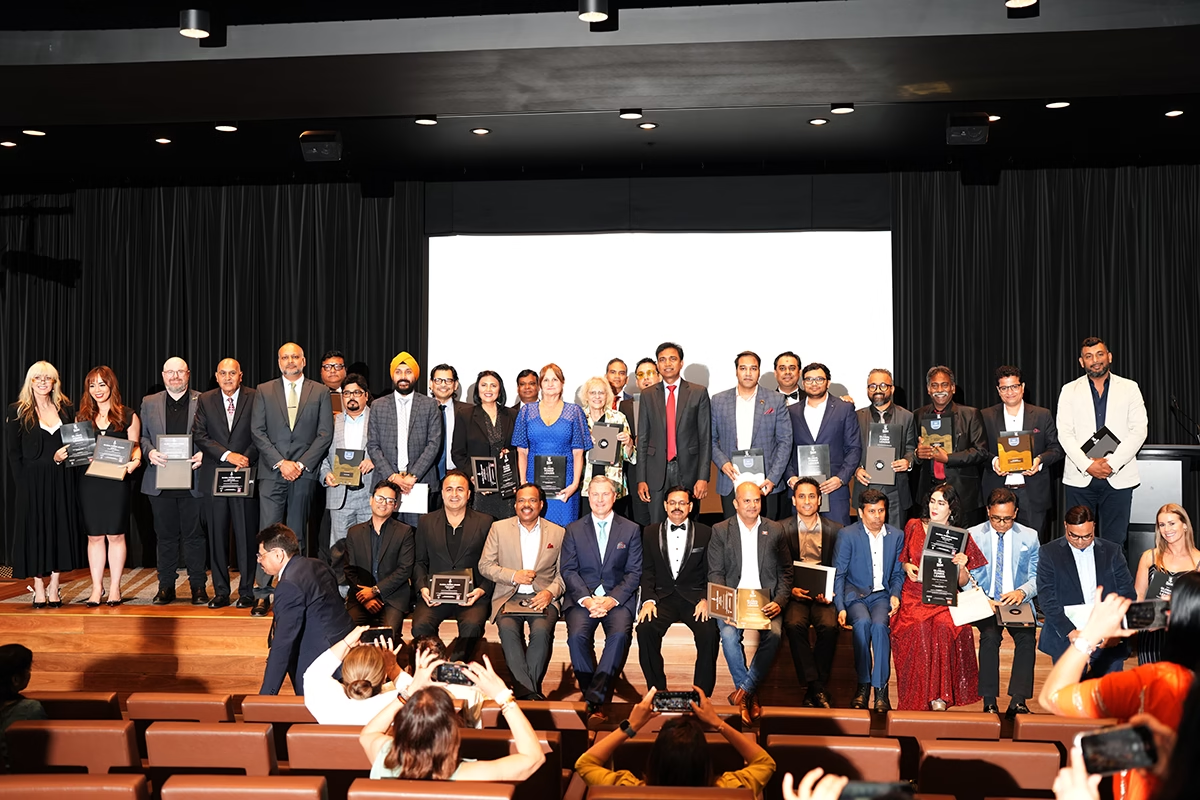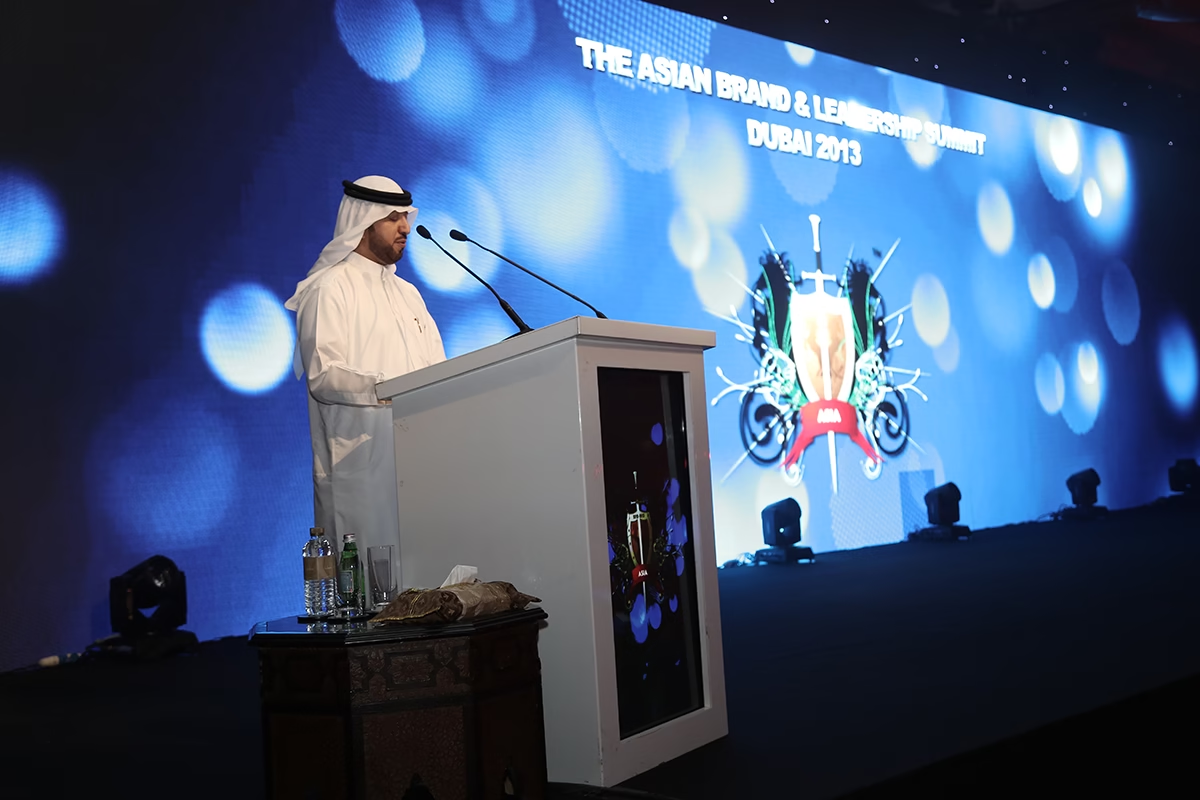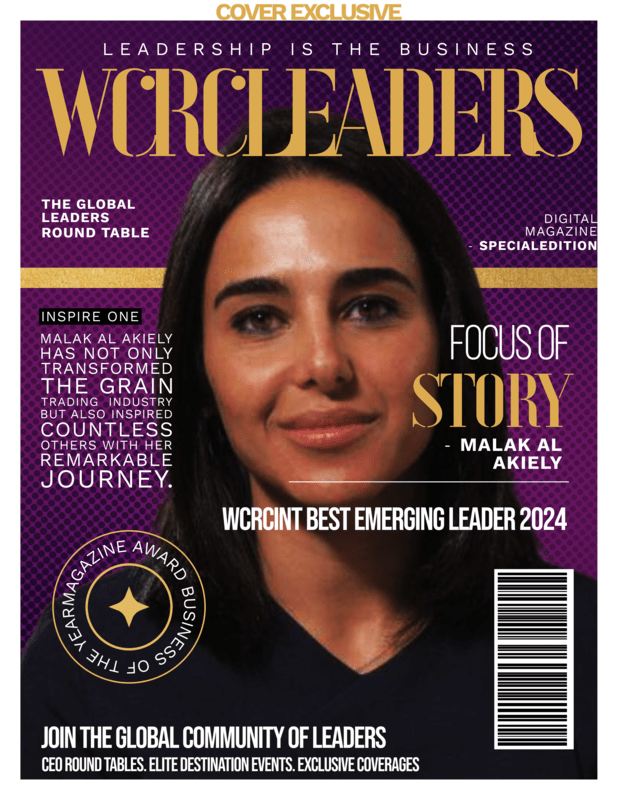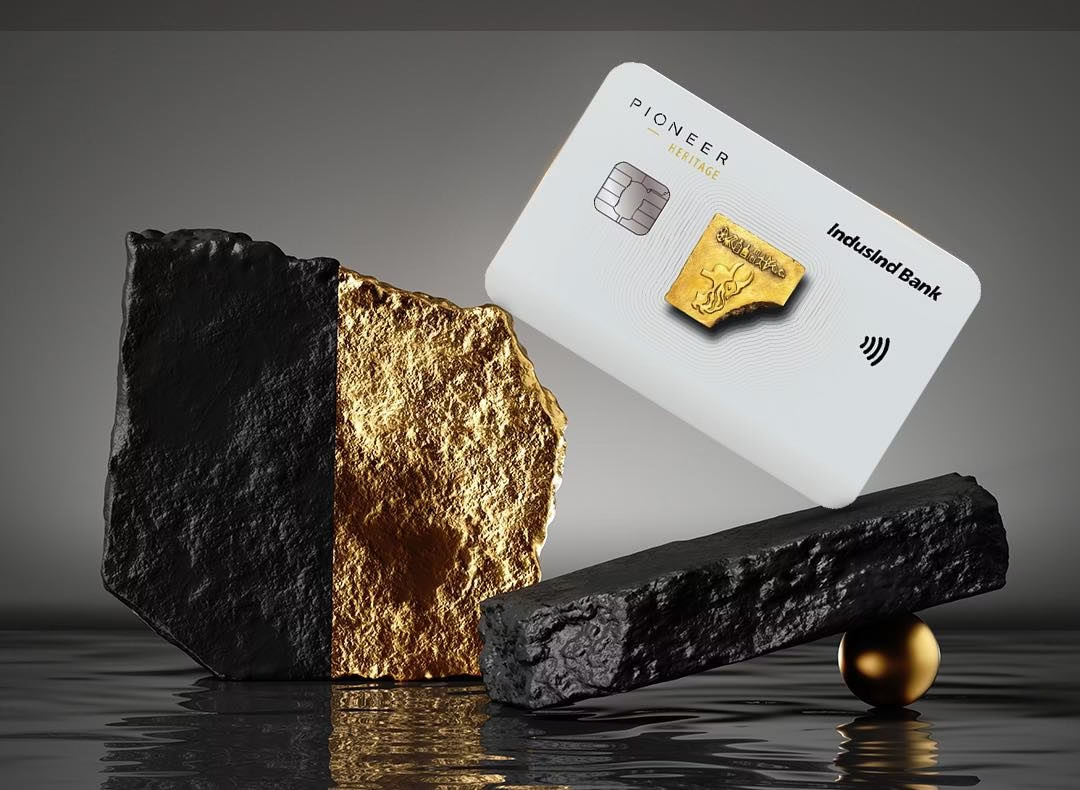 In an industry where things change at a rapid pace, creating an identity can be a monumental task. To its credit, MUFTI has managed to do that and more. Established in 1998, the last decade and a half has seen the rise of this popular brand and it has managed to create an indelible impression in the fashion world. With its tagline alternative clothing, the brand has always made it clear that it was there to offer something different and thus, the challenge lied in ensuring that it was accepted. Seeing the kind of response that its products have received, MUFTI has managed to win a lot of hearts, something all brands aspire for but few achieve.
In an industry where things change at a rapid pace, creating an identity can be a monumental task. To its credit, MUFTI has managed to do that and more. Established in 1998, the last decade and a half has seen the rise of this popular brand and it has managed to create an indelible impression in the fashion world. With its tagline alternative clothing, the brand has always made it clear that it was there to offer something different and thus, the challenge lied in ensuring that it was accepted. Seeing the kind of response that its products have received, MUFTI has managed to win a lot of hearts, something all brands aspire for but few achieve.
BLAZE TO BRILLIANCE
The brand was started in 1998 under the leadership of founder Kamal Khushlani. MUFTI was launched to offer an edgy range of casual shirts and denim for men. Right from being a simple clothing brand to becoming a fashion wave, MUFTI justifies its tagline ‘alternative clothing’. In 2001, the brand made its presence in Shoppers Stop. The brand successfully established a pan India presence through its distribution channel in 2003. The brand was growing at a rapid pace and in 2008 it started its exclusive outlets and a year after that it started focusing on Jeans. Such was the demand for its products that by 2010 it had established a pan India presence with over 100 Exclusive Brand Outlets reiterating the fact that it had succeeded in creating an impact on the minds of its consumers. Early this year it introduced the Mufti Mogul (Smart Occasion Wear) which has proven to be a hit with its consumers in a short span of time.
FAITH FACTOR
In the highly competitive fashion industry there are several challenges at every step. MUFTI has been able to overcome them by remaining true to its vision and not being distracted by short term exigencies and profit considerations. The brand has also not pushed a policy of growth for growth’s sake but concentrated on sustainable growth. It has managed to create an enriching user experience by remaining at the forefront of fashion. Further, by maintaining affordable prices it has sent out the right signals to its customers and this has brought them close to them. At MUFTI, they are always striving to give better quality, better service and latest fashion. Not surprisingly, Managing Director and founder of MUFTI, Mr. Kamal Khushlani, was presented with the title: “RETAIL ICON OF INDIA”, at the 8th Edition of Asia Retail Congress Meet on 14th Feb 2012.
ENGAGEMENT THAT ENTHRALLS
MUFTI has always believed in innovative advertising along with creating innovative design. The current campaign, in line with today, reflects a global Indian who is confident, self-assured and willing to experiment and step away from the herd mentality. The advertising strategy has not been to give invitations for sale but only to present its fashion offering. The thought behind advertising has not been to sell the product but to buy consumer’s mind space so that when he thinks of casuals he thinks of MUFTI. Its presence on social media started in April 2011 on facebook & had reached a massive 2 Million fans in March 2013 & still counting. Clearly,
INNOVEDGE
Innovations have always been the core strength of the brand. The main USP at MUFTI lies in its innovation and originality. Everything, beginning from its name and its business values to its images and advertising, reflects this belief. Some of its famous innovations include short shirts, rolled up sleeves, coloured trousers and Mufti Mogul (Smart Occasion Wear). Its innovations have played an important role in creating its identity. Today, MUFTI is known for its products that are not run of the mill but offer variety and are meant for the smart confident individual who is looking for alternative clothing and not something mundane.
BRAND PROMISE
The brand promise of MUFTI has always been to satisfy the needs of the fashion conscious youth of India. The brand has consistently strived to remain at the forefront of fashion with innovation designs. MUFTI as a term is used for casual dressing as opposed to wearing a uniform, derived from colonial India’s armed forces.
AlTERNATIVE CLOTHING

World Centre For Research and consulting
recent post
WCRC SOCIAL
follow us
related post
Want to power your brand
World Centre for Research and Consulting (WCRC) provides a strong set of consulting capabilities to unlock business value by using strategic insights. The three key areas of our core competency are Brand Equity, Workplace Equity, and Leadership Equity. By using rigorous research and tailored models, we assist organizations to evaluate and build the power of their brand in the marketplace, build fair and high-performance workplace environments, and build leadership pipelines to change their organizations. By basing our consulting services upon the three pillars mentioned above, WCRC provides implementable strategies aligned with long-range business objectives and shareholder value.
INDIA. UK. GERMANY. AUSTRALIA. UAE
drop us a line
Copyright @ WCRC: World Centre For Research and Consulting


